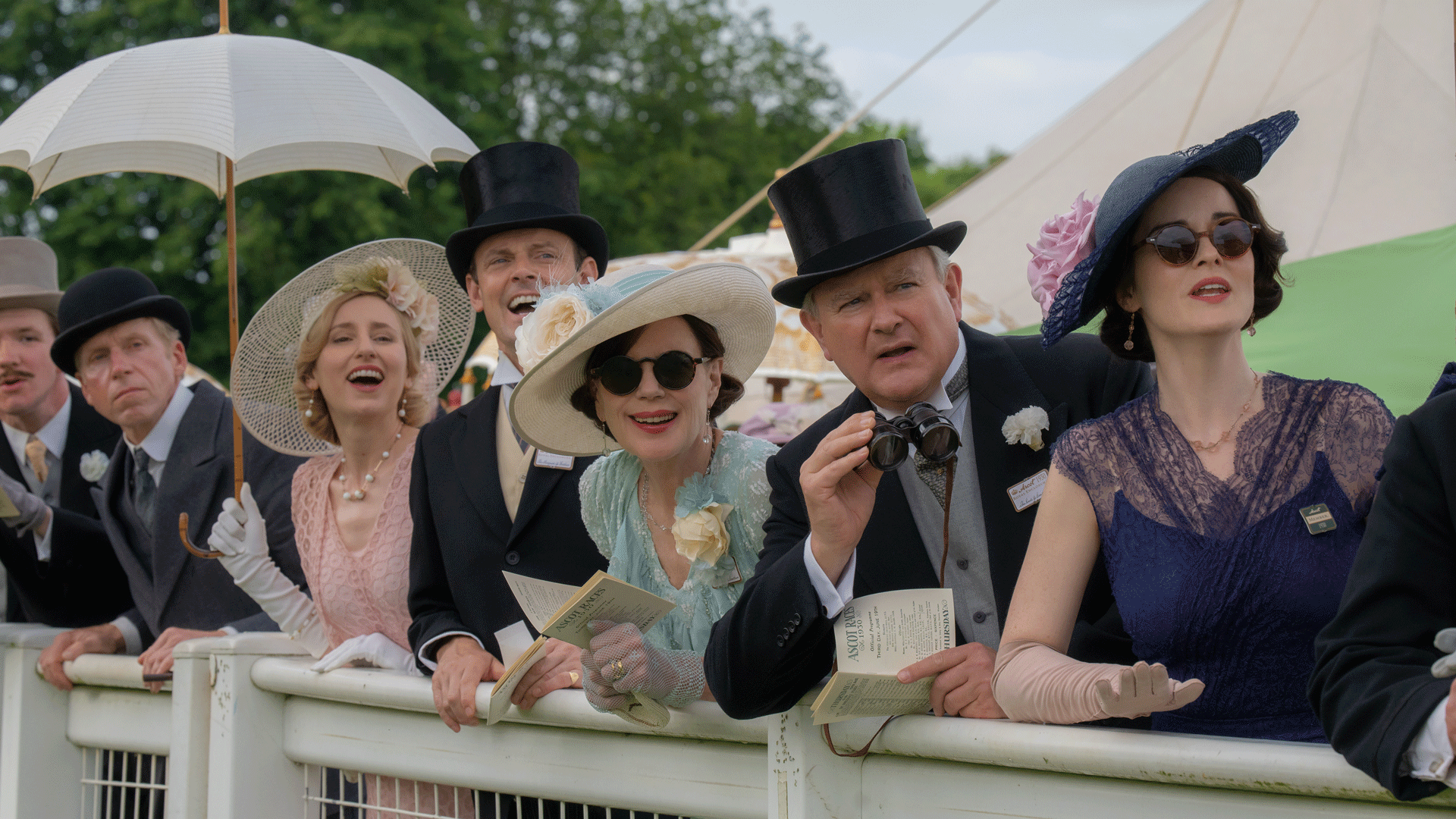I’m a big fan of Downton Abbey. How could anyone not be? All sorts of things happen. Mostly, the Earl
of Grantham complains that things are changing and he’s not that into it. Others echo this sentiment. Sometimes, there is a big get-together, a ball or similar, and there is a bit of a problem among the staff. Once, Lady Mary went upstairs to CHANGE HER HAT. That’s livin’!
I genuinely love it. I went to see one of the films for my birthday. There is another film coming later this year. I’ll be there.
Get the latest news and insight into how the Big Issue magazine is made by signing up for the Inside Big Issue newsletter
During one episode of the show, the Dowager Countess, the late Maggie Smith, who was always given the best, withering, waspish lines, was told that something was going to happen during the weekend.
“What is a weekend?” she asked witheringly and waspishly. And a bit confused. The Dowager was the 19th century holding on to older ways as the new age swept in. It’s not surprising she didn’t know what a weekend was, having never worked and also as the idea of a weekend had no common currency in post- Edwardian, pre-Great War England. The rights of the working man to have a bit of time to himself rather than giving over at least six days a week to the boss was not embedded.
The move to a five-day week, from six, was one of the last major industrial working pattern shifts. Different people are said to be responsible. Henry Ford gets a lot of glory for it. He wanted his staff to be more refreshed – presumably to push ahead more and be more productive to make him more money – so he introduced the five-day week to his production line in the 1920s. It took more time to become the norm in the UK.







